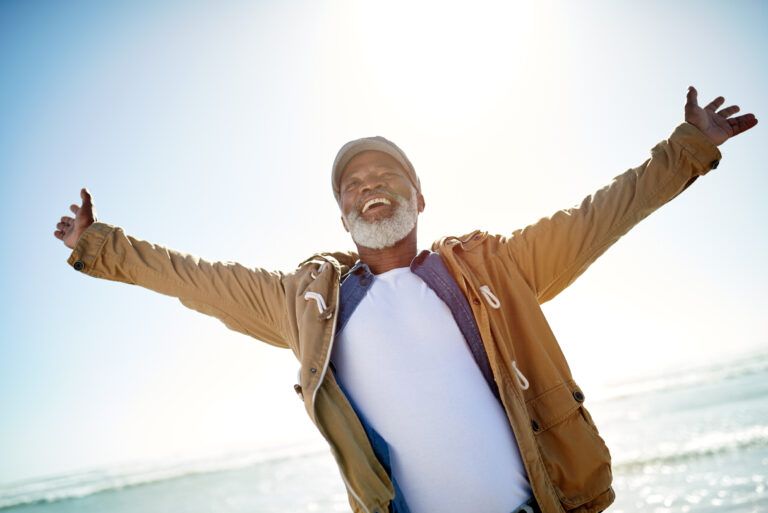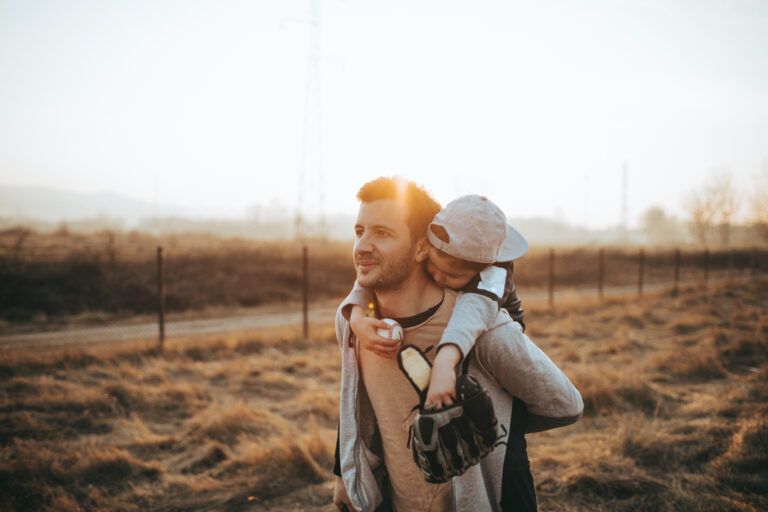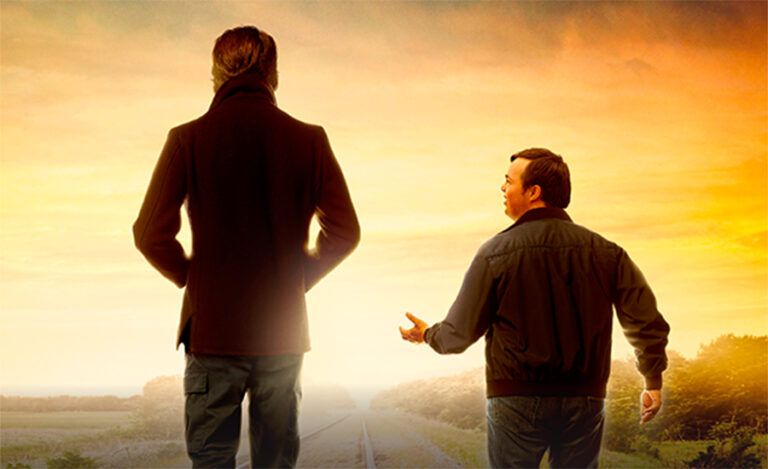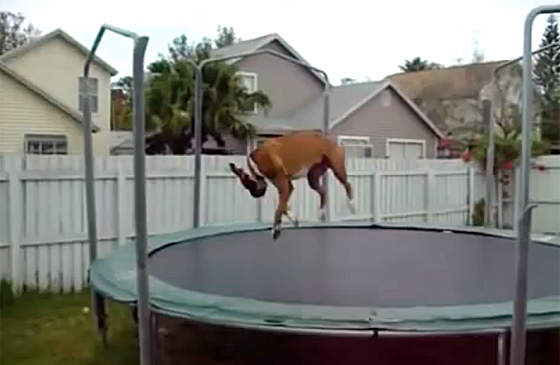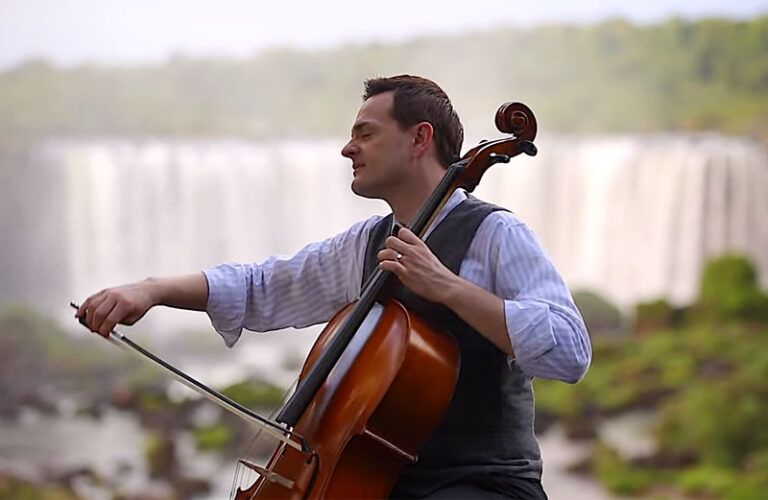
This Marine Veteran Aims to Scale the Seven Summits
USMC Sergeant (Ret.) Kirstie Ennis, who suffered significant injuries while serving in Afghanistan, shares how the loss of her left leg has inspired her to keep pushing herself by summiting the tallest peaks on all seven continents.
View Transcript
Hi Guideposts. I’m retired Marine Sergeant Kirstie Ennis, and we’re here at my home in Glenwood Springs, Colorado.
I served six years in the United States Marine Corps as a helicopter door gunner and airframes mechanic. On my last deployment to Afghanistan, my helicopter went down. And as a result of the crash, I sustained various injuries.
And for the last few years, I have been on the road to recovery, and I’m really looking to fulfill that purpose of continuing to serve people. I became so fascinated and almost obsessed with the idea of self-reliance and the independence factor of, you know, fighting to stay out of a wheelchair, fighting to stay up on, you know, two feet. And, you know, I needed to figure out what I could do to remind myself that I could go out and do anything that I wanted. And that’s when I was introduced to the idea of mountaineering or backpacking.
They say the best mountaineers are the ones with a short-term memory, and I wholeheartedly believe that. You know, I suffered a pretty severe traumatic brain injury, and I can’t help but think that’s one of the best things that’s ever happened to me for the sheer fact that I have a bit of a memory problem. You know, I forget how miserable I am and how I kick rocks and say that I’m never doing this again every time I go up a mountain to come back down. And I’m addicted to it.
But the best part about it is, you know, this whole spectrum of my military career, even the things that I’m doing now is—you have to be comfortable with being uncomfortable. And I think we lose sight of that, you know, through our busy lives. Like, in order to grow, in order to change to develop to appreciate the things that we have in front of us, you have to be uncomfortable. And that’s given me such a wild perspective that I’m forever grateful for.
Four months after my last surgery, I decided that I was going to go Kilimanjaro with an organization called the Waterboys to help raise money for clean water. And it in turn, you know, three months later, I went down to Indonesia to climb Carstensz, the most technical and volatile of the seven summits. And from there, I just didn’t stop. Again, three months later in November of last year, I went down to the Himalayas and trucked through Nepal and got a taste for what Everest was going to be like when I climbed that in 2019.
So the main goal that I have right now is to be the first female veteran amputee to successfully do the seven summits, and in turn, the Grand Slam. But I don’t want to do it to say, you know, I am Kirstie, hear me roar, beating on my chest to say that I can do it. I really want there to be a humanitarian effort behind each one.
I might look a little bit different, but I’m not any different than you. And I can guarantee that if you challenge me, I’m going to figure out how to do what you’re doing and probably try to figure out how to do it better than you’re doing it. And that’s really where I started this, you know, hashtag left legless movement was to really try and show the world that yeah, I have a blue leg. And it may not match my other leg, but I still have two legs. It’s just a bit different.
And I wanted to show the world that [you should] be comfortable with who you are. Love yourself, and you know, figure out how to do the things that you’re passionate about. Or figure out how to reach the goals that you set for yourself your entire life.
And you know, the biggest thing is whether you look at me and you think that I’m missing my leg or that I can’t do something, look at me and figure out how I’m doing it. Look at me and decide that you can be better than me or that you can do something better than me. Figure out how you’re going to use more of your potential. And that’s where this, the legless thing came in.
I am different. I own that I’m different. But don’t look at me differently.


